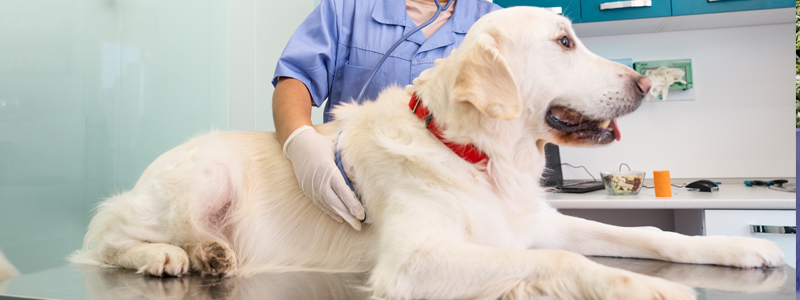BY: SAMANTHA BARTLETT, DVM
In human medicine, induced pluripotent stem cells (iPSCs) have been used in regenerative treatment on a growing scale. Attempts to translate that medicine into the veterinary world has been more complicated. Canine cells have been found to be less efficient at reprogramming compared to human somatic cells, which limits the types of cells available for creating iPSCs.
A research team from the Graduate School of Veterinary Science at Osaka Metropolitan University identified six genes from urine-derived cells that are 120 times more efficient at canine iPSC generation compared to conventionally used fibroblasts. The method the researchers used is non-invasive and painless and can generate iPSCs without using feeder cells as had previously been a necessity.
The team hopes to disseminate the information to the research community and help find cures to many previously incurable diseases. The research findings, published December 21, 2023 under the title of Generation of canine induced pluripotent stem cells under feeder-free conditions using Sendai virus vector encoding six canine reprogramming factors by Masaya Tsukamoto et al, can be accessed at https://doi.org/10.1016/j.stemcr.2023.11.010.











